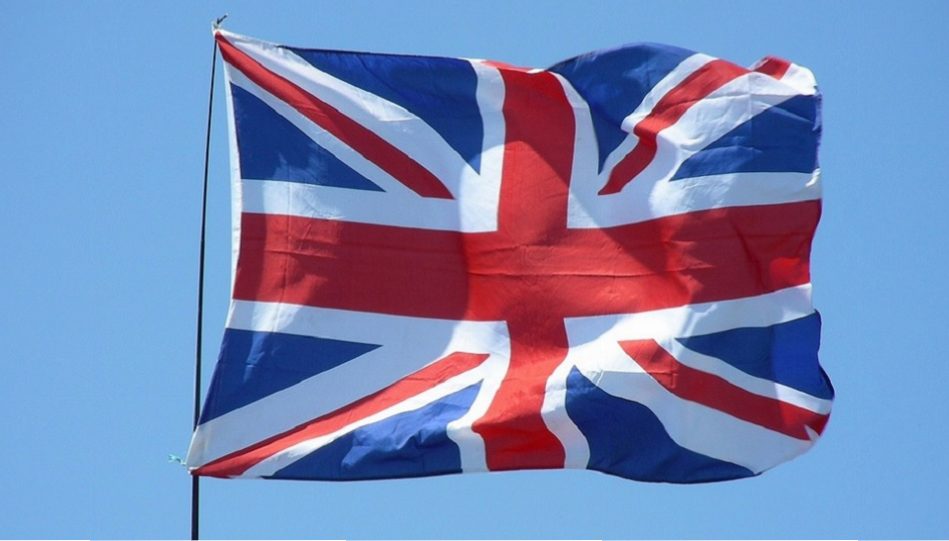The International Society of Hospitality Consultants (ISHC) is the leading source of global hospitality expertise and counsel, represented by some two hundred of the industry’s most respected professionals from across six continents.
ISHC also functions as a key industry figure, providing a resource for expert opinion on timely and topical matters facing the hospitality industry. With the vote for Brexit now a reality, ISHC have put together a panel of experts to give their opinions on how Brexit will affect the hospitality and tourism industry.
Brexit Viewpoint from Ireland – by Weldon Mather Founder & Director of WM Consultancy Ltd and ISHC Member
The Brexit result stunned most of the European business community, and has had some immediate consequences. While sterling has weakened, inbound visitor arrivals to the UK should increase and while London’s performance has been positive up to April, year-to-date May RevPAR was down 3.0% to £99.88 (US$146.63), as a result of a 2.7% decline in occupancy. Regional UK saw RevPAR increase by 2.2% to £46.87 (US$68.80). Britons may be less inclined to travel overseas however initial indicators have not shown any decline in the pace of overseas bookings. However, the outbound tourists to the Republic of Ireland (in particular from Northern Ireland to the Republic of Ireland which is divided by a 300 mile land border) may be threatened by weaker sterling and potential border restrictions.

No other country will be affected more that the Republic of Ireland as a result of Brexit, which accounts for more than 50% of all exports to the UK. Over 43% of inbound visitor arrivals to the Republic emanate from the UK and it is estimated that the Republic’s GDP could be impacted by up to 2% when, and if the UK separates from the UK. On the positive side, as the only English speaking and Euro denominated country in the EU, Ireland stands to gain greater FDI as a beachhead into the EU that may see City of London financial services relocate to Dublin, attracted by a more benign 12.5% corporation tax.
Short Term and Long Term Consequences– by Herbert Mascha, Managing Partner of MRP Hotels and ISHC Member
In the short term devaluation of the BPD makes the UK more attractive to tourists and shoppers, especially from US. The devaluation of the EURO against US$ makes EU destinations more attractive to tourists from outside EU. Tourists from UK could be less in destinations like Spain, Greece depending if people cancel their trips because they are facing reduction of value of BPD or reductions of their incomes in the near future.
For me most importantly, investments into new hotel developments or renovations may be put on hold because of uncertainty; we still have a lot of projects on hold because of the latest crises. The long term effects really depend on how the EU and UK agree on their future relationship. If Brexodus of agencies, banks and companies happens, this could cause a shift in business travel to other destinations as well as investment in hotel infrastructure in the new destinations.

Long Term Implications – By Aris Ikkos Research Director INSETE and ISHC Member
Considering long term implications, one has to think what will be the impact of Brexit on the EU (and the world at large), not just Britain. Should the EU dissolve (fully or partially) by similar –exit referendums in other countries as well, we will be living in a completely different world and it is anybody’s guess what it will look like. My guess is that it will be much more uncertain and much more autocratic. In this sense the impact of Brexit may be more important outside Britain than inside the country.
Immediate Effects – by Christophe de Bruyn Director of TOURISM & LEISURE Indra Business Consulting and ISHC Member
Immediate effects are and will increasingly be cancellations of booked but unpaid holidays by UK citizens and a lower volume of last minute bookings from UK citizens.
In the midterm until Brexit procedures are clear and currency stabilise we could see a reduction of UK trips abroad and lower spending, which should lead tourism destinations, hotels and resorts to look for substitute clients to cover UK clients’ reduction. There was a similar situation last year with Russian tourists and several years ago when Germany went through a minor internal economic crisis of minor growth.

Tourism from the UK to Greece – by Aris Ikkos ISHC Research Director of INSETE and ISHC Member
We did some analysis for inbound tourism from the UK to Greece and the euro/pound exchange plays a crucial role, while the level of UK GDP measured in pounds is less important. Our analysis has shown that the average spend, in UKP terms, is remarkably stable. If you add to this the uncertainty surrounding the British economy at the moment and the fact that many Britons book their holidays at a maximum 2 months before departure, we expect a significant negative impact this year.





